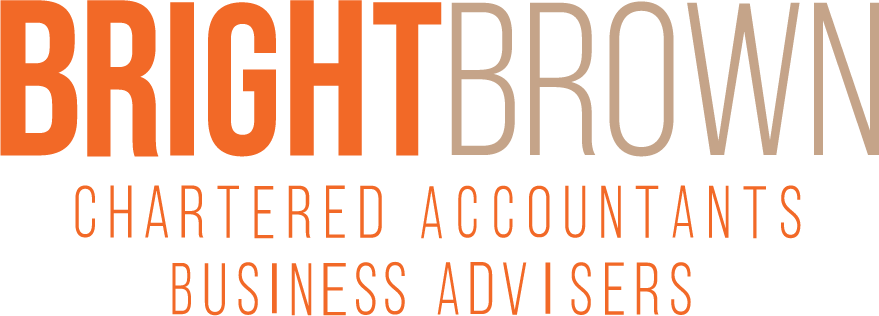A Stress-Free Approach
Navigating self-assessment can often feel like embarking on a daunting journey, especially for UK taxpayers. However, with the right approach and understanding, it doesn’t have to be overwhelming. In this comprehensive guide, we’ll explore effective strategies and tips to help you tackle self-assessment with confidence, ensuring a stress-free experience.
What is Self-Assessment?
Self-assessment is a system used by HM Revenue and Customs (HMRC) in the United Kingdom to collect income tax. It requires taxpayers to report their income and capital gains, calculate their tax liability, and submit a tax return each year. This process allows HMRC to determine the amount of tax owed by the taxpayer.
Why is Self-Assessment Important?
Self-assessment is essential for ensuring that individuals and businesses accurately report their income and pay the correct amount of tax. By accurately completing your self-assessment tax return, you avoid penalties and interest charges imposed by HMRC for errors or late submission.
Understanding Key Deadlines
One of the most critical aspects of self-assessment is adhering to deadlines. Understanding key dates can help you plan and prepare your tax return efficiently. The deadline for filing your self-assessment tax return online is 31st January following the end of the tax year. Failure to meet this deadline can result in financial penalties, so it’s essential to mark it on your calendar and start preparing well in advance.
Self-Assessment Tips for UK Taxpayers
Organise Your Financial Documents
Gather all necessary financial documents, including bank statements, receipts, invoices, and any other relevant paperwork. Organising your documents will streamline the tax-filing process and help ensure that you don’t miss any essential information.
Keep Accurate Records Throughout the Year
Maintain accurate records of your income, expenses, and deductions throughout the year. By keeping detailed records, you’ll have all the information you need when it’s time to complete your self-assessment tax return. Consider using accounting software or apps to track your finances effectively.
Seek Professional Advice
If you’re unsure about any aspect of your tax return or have complex tax affairs, consider seeking professional advice from an accountant or tax advisor. At Bright Brown we can provide valuable guidance and ensure that your tax return is accurate and compliant with HMRC regulations.
Use HMRC’s Online Services
HMRC offers a range of online services to help taxpayers complete their self-assessment tax returns efficiently. Take advantage of these resources, including online filing software and calculators, to simplify the process and avoid common errors.
Review Your Tax Return Carefully
Before approving your tax return for submission, take the time to review it carefully for accuracy and completeness. Double-check that nothing is missing before approving for filing.
Plan Ahead for Future Tax Obligations
Use your self-assessment experience as an opportunity to plan ahead for future tax obligations. Consider setting aside funds throughout the year to cover your tax liability and avoid any last-minute financial strain.
Frequently Asked Questions
What happens if I miss the deadline for filing my self-assessment tax return?
If you miss the deadline for filing your tax return, you may be subject to financial penalties imposed by HMRC. The amount of the penalty depends on how late your tax return is and whether you owe any tax.
Can my tax return be amended after it has been submitted?
Yes, your return can be amended after it has been submitted to HMRC. Corrections or updates can be made to your tax return within a certain timeframe, typically within 12 months of the original filing deadline.
How can I pay my tax bill?
HMRC offers several payment options for settling your tax bill, including online bank transfer, debit or credit card, and direct debit. You can choose the payment method that is most convenient for you.
Conclusion
This doesn’t have to be a stressful experience. By following these tips and strategies, UK taxpayers can approach tax with confidence and ease. Remember to stay organised, seek professional advice, and plan ahead to meet key deadlines. With the right approach, you can successfully navigate self-assessment and fulfil your tax obligations without unnecessary stress.



